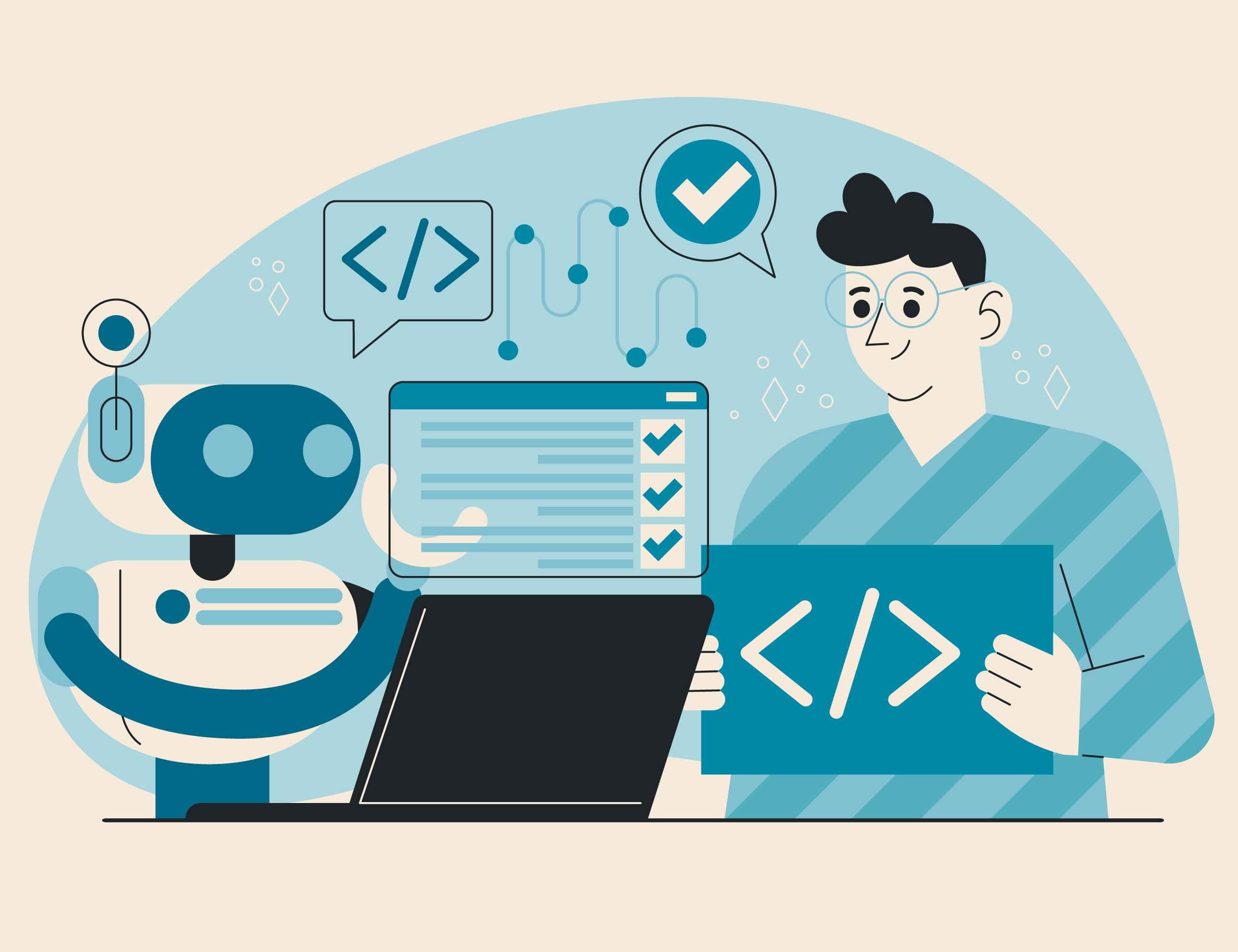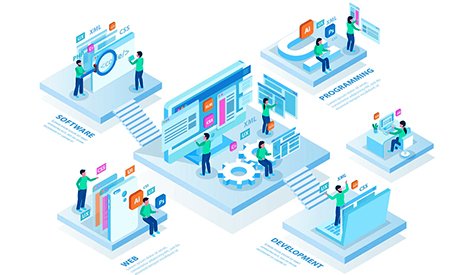1. Computer Vision
Computer vision is one of the most impeccable results of deep learning and artificial intelligence working hand in hand. Computer science has developed itself in a way to bestow the power, human beings are blessed with, upon computers. Computer vision is a part of AI that excels in training computers to understand and interpret images in a similar way human vision does.
Computer vision is configured to distinguish between staged and real auto damage, enable facial recognition to contribute to the advancement of security applications, and even go out to be as advanced as checking out automatically in modern retail stores. The world was awestruck when computer vision was able to discern counterfeit money in circulation. The US was successful in estimating new cases of cancer that were diagnosed in 2018 by spotting the accurate areas of concern in the liver or brain of Cancer patients. It has also been able to detect the early signs of plant disease. There is no more need to dig in for hours to detect a leakage in pipelines as computer vision-enabled drones are enough. Were you amazed yet?
2. PyTorch
A new Python library is formed frequently that allows the change of framework in the field of deep learning. PyTorch falls under this.
PyTorch is a library operated on Python, with the view of providing flexibility to deep learning development, in association with Torch. It is designed for applications such as natural language processing and is open-source software, free to use. The pioneer of this is Facebook's artificial intelligence research group. PyTorch is becoming so popular among other emerging technologies because of the concepts it uses, classes conditional loops and structures, which are already familiar to the users and therefore very easy to understand and program. This saves you from going to the trouble of learning new programming styles.
3. OpenCV
OpenCV (Open Source Computer Vision Library) is a library consisting of open-source computer vision and machine learning software The feature which is exceptional is how it has increased the speed of machine perception in commercial products to an enigmatic level. As OpenCV is licensed by BSD, any business developer enjoys the freedom to modify the code when required. It is very easy to work with C + +, Python, Java, and MATLAB interfaces and also supports Windows, Linux, Android, and Mac OS. What else can we ask for?
The enormous library has over 2500 optimized algorithms, comprising an amalgamation of classic as well as state-of-the-art computer vision and machine learning algorithms. These algorithms work accurately to detect and recognize faces, differentiate different actions, and so on. With every advancement, our world is one step forward towards the ultimate technology-driven world we have all aspired to see in our lifetime. We should take a moment to celebrate all the achievements which have made life every aspect of life so easier and secure but there are miles to go before we sleep.








